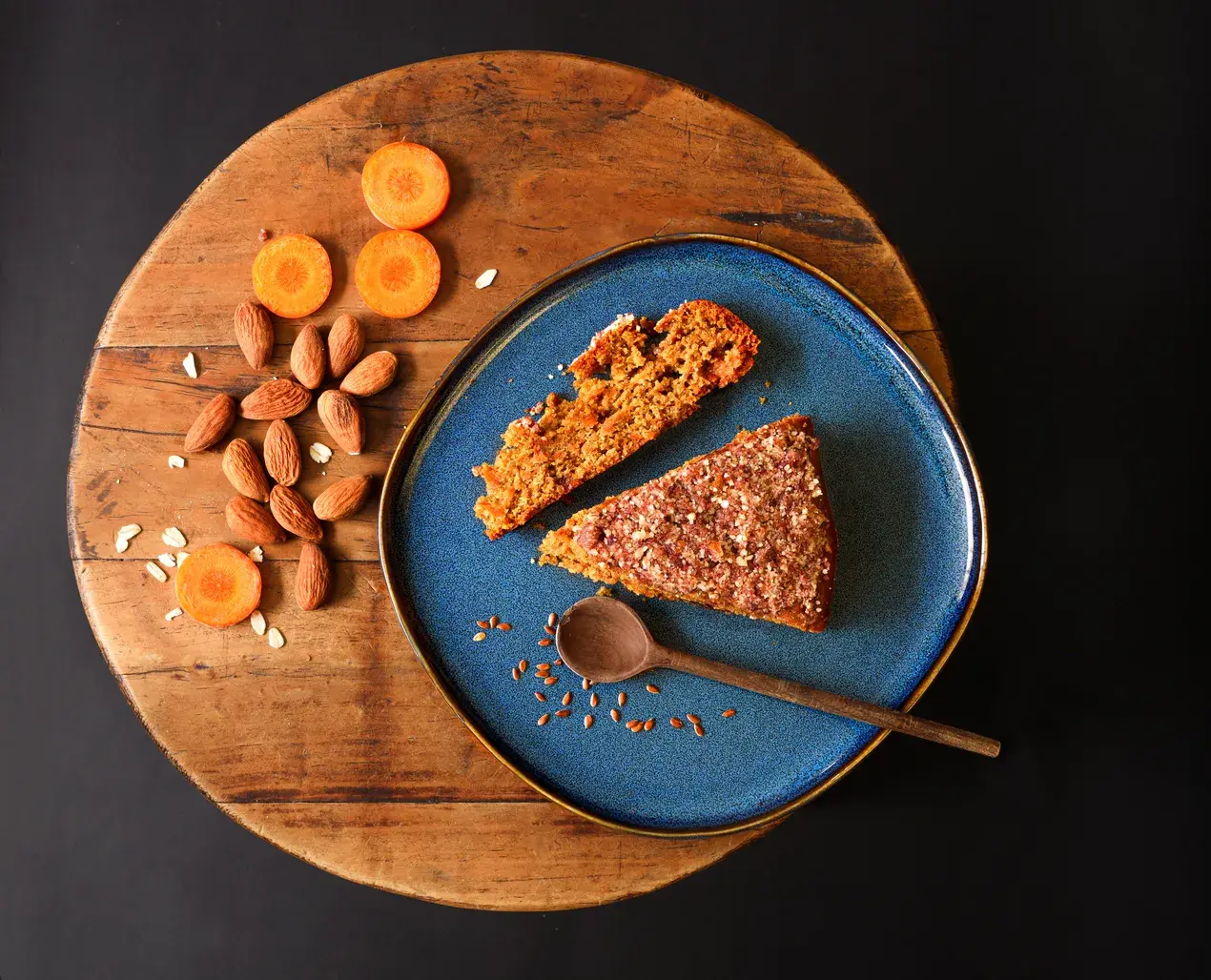Want to use lemon curd for some homemade desserts? Don't get the basics wrong! Here's every query you have had about lemon curd, answered!

Want to use lemon curd for some homemade desserts? Don't get the basics wrong! Here's every query you have had about lemon curd, answered!
Lemon curd is a citrus-flavored spread or filling made from lemon, sugar, butter and eggs. It's mostly used as a dessert topping or pastry filling that adds a prominent and layered tangy sweetness. It's usually yellow in color and has a smooth and creamy texture.
It is essentially a custard-like mixture made from simple ingredients; however, these ingredients are carefully combined to create a smooth, velvety consistency with a perfect balance of sweet and tart flavors.
The bright and zesty flavor profile of lemons is crucial to achieving the characteristic tanginess of lemon curd. The acidity in the lemon juice not only provides a refreshing taste but also serves to balance the richness of the other ingredients.
The process of making lemon curd involves whisking together egg yolks and sugar until the mixture becomes pale and slightly thickened. Freshly squeezed lemon juice is then added, infusing the mixture with its vibrant citrus essence.
The combination is carefully heated over low to medium heat, allowing the eggs to gently cook and thicken the curd. To further enhance the texture and flavor, butter is gradually incorporated, contributing to a luxurious creaminess.
The key to good and consistent lemon curd lies in attention to temperature and constant stirring during the cooking process. Too much heat can lead to curdling, while too little may result in a runny consistency. Patience is paramount as the curd gradually thickens, and it is essential to remove it from heat just as it reaches the perfect consistency to prevent overcooking. if you're confused about the preparation or have queries, let's look at some of the most commonly raised queries
How Can Lemon Curd Be Used?
 Once prepared, lemon curd can be used in a myriad of ways. Its most classic application is as a filling for tarts, pies, and cakes. But it can be also spread over scones, toast, or pancakes or swirled into yogurt for a tangy twist. Lemon curd can also be incorporated into various recipes, such as ice cream, cupcakes, or even as a topping for pavlova.
Once prepared, lemon curd can be used in a myriad of ways. Its most classic application is as a filling for tarts, pies, and cakes. But it can be also spread over scones, toast, or pancakes or swirled into yogurt for a tangy twist. Lemon curd can also be incorporated into various recipes, such as ice cream, cupcakes, or even as a topping for pavlova.
The lemon curd can be used as a condiment or sauce for savory dishes, such as grilled chicken or fish, adding a bright and zesty contrast to richer flavors.
Can Lemon Juice Be Used To Make Lemon Curd?
 If you want to use lemon juice instead of fresh lemons, remember the process typically begins by whisking together egg yolks and sugar. This creates a base that serves as the foundation for the curd. Once the egg yolks and sugar are well combined, freshly squeezed lemon juice is added to the mixture. The amount of lemon juice can be adjusted to switch up its taste but remember this citrusy component that provides a distinctive lemony kick to the curd.
If you want to use lemon juice instead of fresh lemons, remember the process typically begins by whisking together egg yolks and sugar. This creates a base that serves as the foundation for the curd. Once the egg yolks and sugar are well combined, freshly squeezed lemon juice is added to the mixture. The amount of lemon juice can be adjusted to switch up its taste but remember this citrusy component that provides a distinctive lemony kick to the curd.
As the mixture is heated over low to medium heat, the eggs in the mixture begin to cook and thicken the curd. The lemon juice, with its acidity, not only contributes to the flavor but also interacts with the proteins in the eggs, which helps in the thickening process. It's important to stir constantly during this phase to ensure even cooking and to prevent the eggs from curdling.
The balance of sweetness and tartness in lemon curd is achieved through the combination of sugar and lemon juice. The sugar adds sweetness, while the lemon juice brings a bright, tangy note.
However, the choice of using freshly squeezed lemon juice is preferable over bottled lemon juice for making lemon curd since it can offer a natural and complex citrus profile that enhances the overall quality of the lemon curd.
How Long Does Lemon Curd Last?
The lemon curd's shelf life, like many homemade preserves, depends on factors such as storage conditions, ingredients, and whether it has been opened or not.
If you store it properly in an airtight container in the refrigerator, homemade lemon curd can typically last for about 2 to 4 weeks. The key to prolonging its shelf life is to minimize exposure to air and moisture, which can lead to the development of mold and spoilage.
If you've opened the container and used some of the lemon curd, it's essential to be mindful of its freshness. Once opened, the curd's shelf life may be reduced to about 1 to 2 weeks. Always check for any signs of spoilage, such as an off odor or the presence of mold, before consuming it.
Like This Article?
More Like This
Popular Articles





Trending Web Stories
Curated Recipes
















